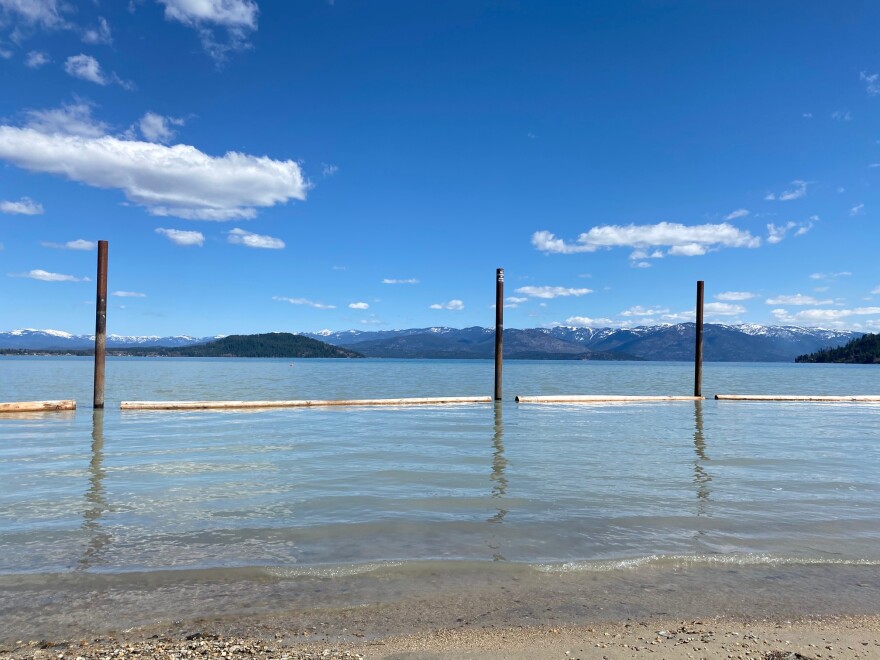Idaho cities that rely on tourists visiting the mountains and forests are coming together to hire a lobbyist to protect their interests at the statehouse.
The tourism-based economy ties Idaho’s roughly 20 resort cities together, as does the ability to collect a local option tax. However, they’re also faced with a common challenge, said Courtney Hamilton, the Ketchum city council president.
“I think the biggest issue that we’re all dealing with right now, and it’s not unique to our state, is housing, particularly housing for the workforce,” she said.
But cities often run into restrictive state laws that block potential local solutions to their housing issues, Hamilton said.
“We come up with these ideas at the city level and then it turns out we can’t do that because of a state rule that doesn’t allow local governments to set these types of policies," she said.
That includes one state law that prohibits most regulations on short-term rentals. Other
Having a representative in front of lawmakers, Hamilton said, could help educate them on how these policies could affect resort communities and prevent new legislation resort cities deem negative to their interests. It could also help them introduce new legislation relating to housing and use of federal ARPA funds.
Ketchum approved the $25,000 contract this week and so far, Sandpoint, Stanley and Hailey have chipped in to cover the cost. Cascade, McCall, Lava Hot Springs and Driggs are among others that could vote to participate.
Find reporter Rachel Cohen on Twitter @racheld_cohen
Copyright 2022 Boise State Public Radio



